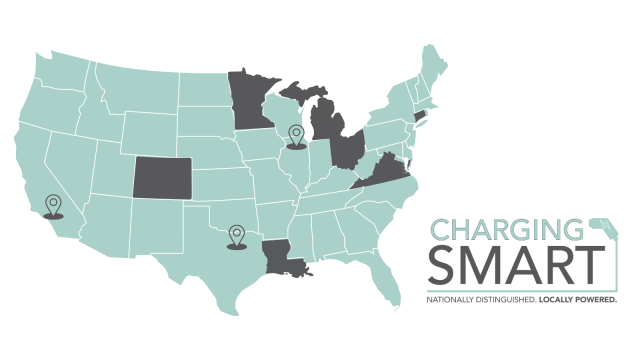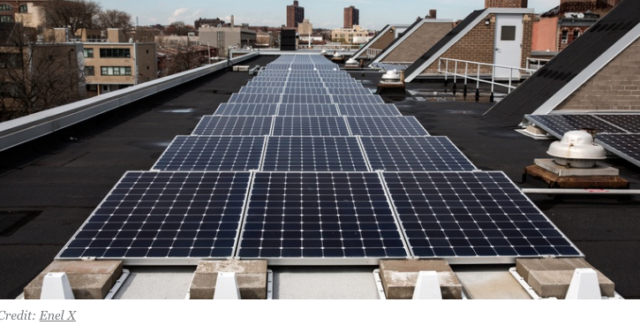California says current solar owners can cash in off their excess power for 20 years
Source: Southern California Public Radio The California Public Utilities Commission finalized a decision on Thursday to guarantee that homeowners with solar systems will be allowed to continue in the current net metering program for 20 years from the date of installation. Net metering participants get paid back for electricity they produce in excess of what they use….
Source: Southern California Public Radio
The California Public Utilities Commission finalized a decision on Thursday to guarantee that homeowners with solar systems will be allowed to continue in the current net metering program for 20 years from the date of installation.
Net metering participants get paid back for electricity they produce in excess of what they use. It is considered by solar industry advocates to be an essential incentive to get homeowners to invest in rooftop solar panels.
Legislation passed last year mandated that a sunset date be enacted, determining an end point for people enrolled in net metering. Those changes required the CPUC to develop terms for a new net metering program, which will begin in 2017. Final regulations for that program are due at the end of 2015.
In the meantime, current owners of solar systems had been in the dark as to how long they’ll be able to continue under current net metering rules. Utilities companies argued for terms as short as six years. Solar advocates — who had originally pushed for 30-year agreements — said they were satisfied with the 20-year compromise set by the CPUC.
“We certainly would rather have net metering for the full life of everyone’s solar system, but given the language of the law that was passed by [the] Legislature last year, I think that this does do a good job of protecting solar customers,” said Brad Heavner, policy director for the California Solar Energy Industries Association.
The current net metering program will cease enrollment on July 1, 2017, or when a participation cap is reached — whichever comes first.
Heavner said that his organization will now focus on what comes after the transition period.
“The real question is what will the new net metering rules look like? We think they should look a lot like the current rules, but that will be an active debate over the next year and a half,” Heavner said.


